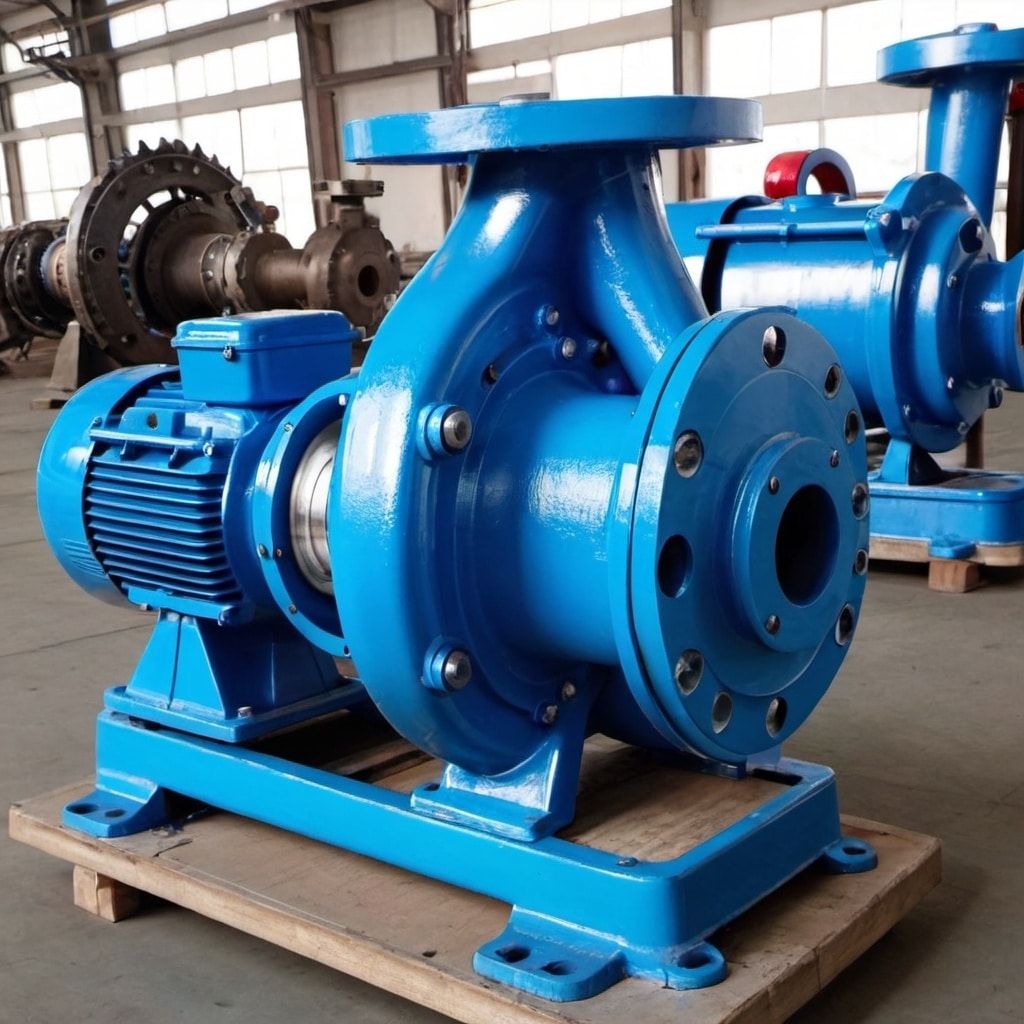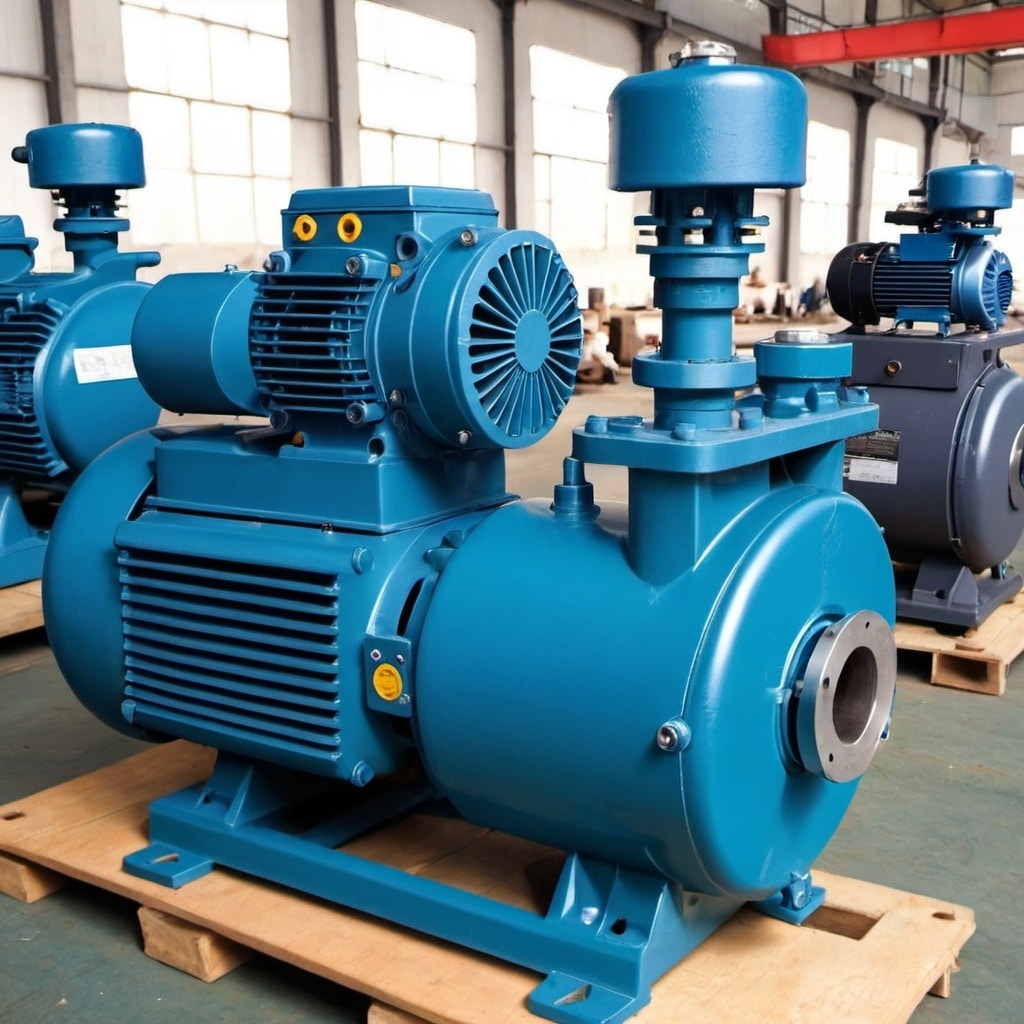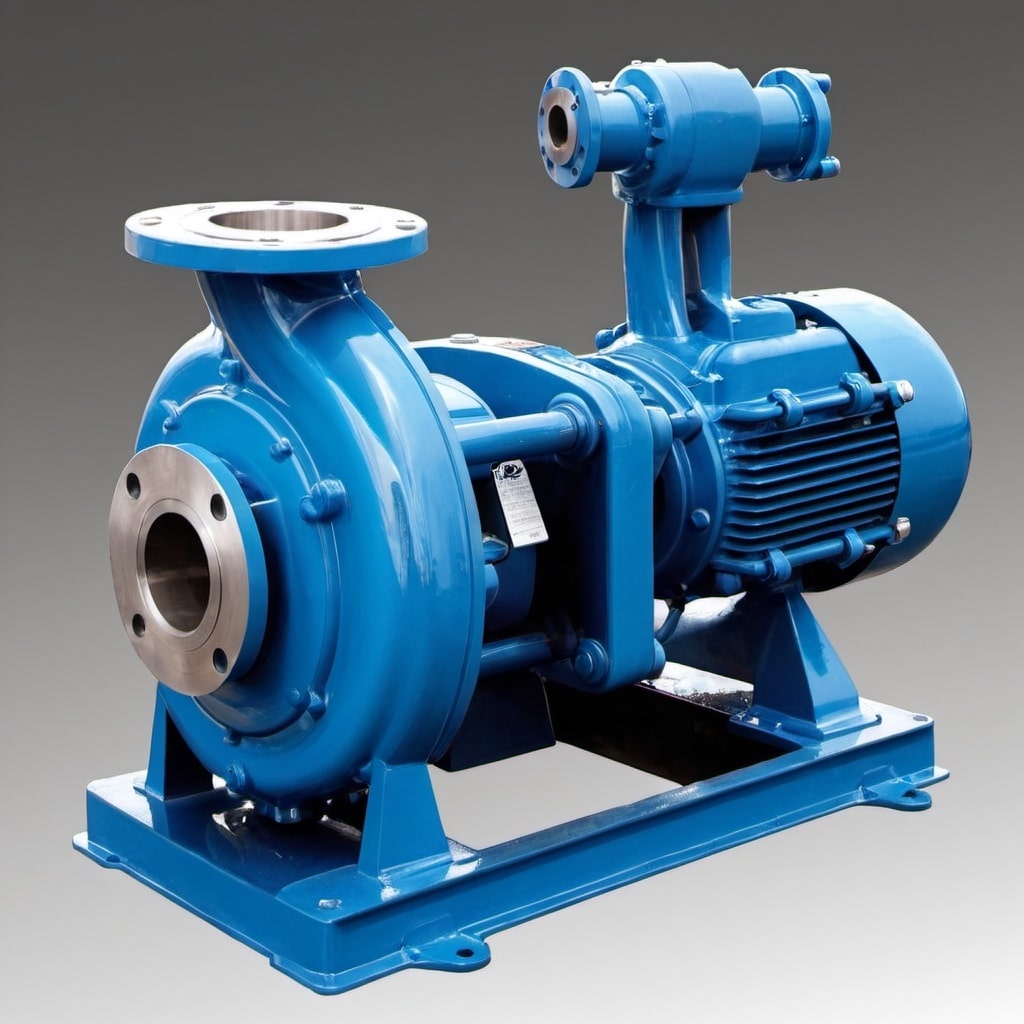
Pump
Repair
"Efficient Pump Repairs for Uninterrupted Flow"
Let's get started

Pump
Repair
"Efficient Pump Repairs for Uninterrupted Flow"
Let's get started

Pump
Repair
"Efficient Pump Repairs for Uninterrupted Flow"
Let's get started
Pump Repair Services
Request Repair via below Chat with us or Call us @ 1-888-932-9183. Once we receive the request our Team members will call you to schedule a repair.
- Pumps are essential components in various industries, including water and wastewater treatment, chemical processing, manufacturing, and construction. They are responsible for transferring liquids, slurries, or gases from one location to another. However, like any other mechanical equipment, pumps are susceptible to wear and tear, which can lead to reduced efficiency, leaks, or complete failure.
- Pump repair is a critical process that ensures the efficient and reliable operation of various industrial and commercial systems. By addressing issues promptly and following the appropriate repair procedures, the lifespan of pumps can be extended, reducing downtime and maintenance costs while ensuring optimal performance.
Leaks: Leaks are one of the most common problems in pumps and can occur due to worn or damaged seals, gaskets, or packing. Leaks can lead to loss of efficiency, product contamination, and potential environmental hazards.
Bearing Failure: Bearings support the pump shaft and allow for smooth rotation. Worn or damaged bearings can cause excessive noise, vibration, and premature pump failure.
Impeller Damage: The impeller is the rotating component that imparts energy to the fluid. Damage to the impeller blades, such as erosion, corrosion, or impact, can significantly reduce pump performance.
Shaft Misalignment: Misalignment between the pump and the motor or other connected equipment can cause excessive vibration, premature bearing failure, and increased wear on other components.
Cavitation: Cavitation occurs when vapor bubbles form in the pump due to low inlet pressure or high fluid temperature. These bubbles can implode, causing erosion and damage to the impeller and other internal components.
- Diagnosis: Before any repairs, a thorough diagnosis is essential to identify the root cause of the problem. This typically involves visual inspections, performance testing, and analyzing operational data.
- Disassembly: If the problem requires internal repairs, the pump will need to be disassembled. This process involves removing the casing, impeller, shaft, bearings, and other components.
- Inspection and Cleaning: Once disassembled, all components must be thoroughly inspected for wear, damage, or contamination. Cleaning is crucial to remove any debris or buildup that could cause further issues.
- Component Replacement: Depending on the extent of the damage, individual components, such as seals, bearings, impellers, or shafts, may need to be replaced with new or refurbished parts.
- Reassembly: After replacing or repairing the necessary components, the pump must be carefully reassembled, following the manufacturer’s specifications and torque requirements.
- Alignment and Balancing: Proper alignment between the pump and the motor or other connected equipment is crucial. Additionally, the rotating assembly may need to be balanced to minimize vibration and ensure smooth operation.
- Testing and Adjustments: Before reinstallation, the repaired pump should undergo performance testing to ensure proper operation and make any necessary adjustments.
- Reinstallation: Finally, the repaired or replaced pump is reinstalled into the system, and all connections, piping, and auxiliary components are checked and adjusted as needed.
Professional Expertise: Pump repair often requires specialized knowledge, tools, and equipment. It’s generally recommended to seek the services of a qualified pump technician or repair facility, especially for complex repairs.
Safety Precautions: Working with pumps and associated piping systems can involve hazards such as high pressures, hazardous fluids, or confined spaces. Appropriate safety measures, including lockout/tagout procedures and personal protective equipment (PPE), should be followed.
Preventive Maintenance: Regular maintenance, including inspections, lubrication, and monitoring of operating parameters, can help extend the life of pumps and prevent costly repairs or downtime.
Root Cause Analysis: In addition to repairing the immediate issue, it’s essential to identify and address the root cause of the problem to prevent recurrence and ensure long-term reliability.
We look forward to the opportunity to work with you – call us 24 hours a day at 1.888.932.9183 or contact us for a free quote.

